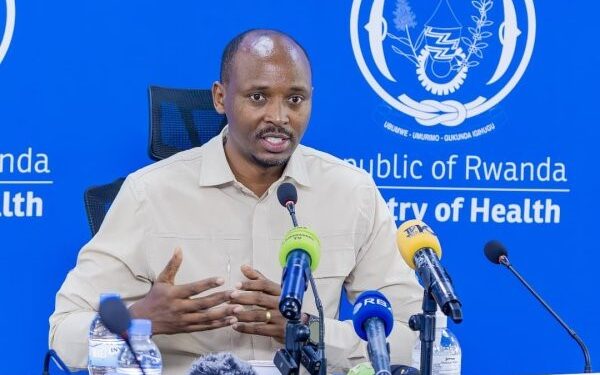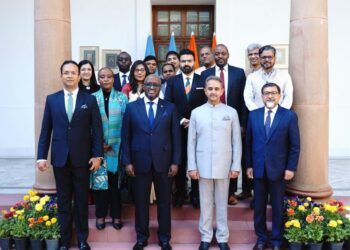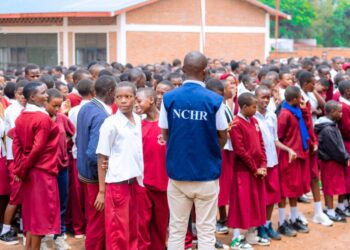Minister of Health, Dr. Sabin Nsanzimana, has raised alarm over a resurgence of HIV infections among young people, warning that the virus remains a serious threat despite public misconceptions that it has been eradicated.
Speaking during the Car Free Day public exercise event on Sunday, July 13, Dr. Nsanzimana emphasized that HIV is still present and continues to endanger lives, especially among the youth who did not witness the virus’s deadlier waves in past decades.
“Some believe HIV is no longer an issue. That is not true — it still exists, and it’s actually re-emerging among young people,” he said. “This is largely because they didn’t experience the severity of its earlier impact due to the progress made in recent years.”
He urged young people to abstain from premature sexual activity or consistently use protection, specifically condoms, to avoid becoming infected and placing a long-term burden on their families and the country.
“It’s about prevention,” said Dr. Nsanzimana. “If abstinence is difficult, use condoms — they are available and effective.”
Although there is optimism that HIV could one day become curable, he cautioned that for now, it remains incurable and must be taken seriously.
Dr. Nsanzimana also called on youth to steer clear of harmful habits such as drug abuse and excessive alcohol consumption, noting these behaviors increase the risk of HIV infection and other health complications. “What you do to your body today affects how you live tomorrow. Take care of your body now — it’s the one you will grow old with,” he said.
According to data from the Rwanda Biomedical Centre (RBC) covering July 2023 to June 2024, HIV prevalence among girls aged 15–19 stands at 6.5%, compared to 1.6% among boys. Among youth aged 20–24, prevalence is 5.2% for females and 4.5% for males. In the 25–29 age group, 3.5% of females and 3.0% of males are living with the virus.
The 2023 statistics from the National Institute of Statistics of Rwanda (NISR) further reveal that more than 9,000 youth aged 15 to 24 were newly diagnosed with HIV, accounting for 35% of all new infections that year.
The Health Minister’s remarks come as Rwanda hosts the 13th International AIDS Society (IAS) Conference in Kigali, which runs from July 13 to 17. The conference brings together researchers, policymakers, and global health leaders to discuss strategies for ending HIV, particularly through scientific innovation and behavior change.
Dr. Nsanzimana stressed the importance of using the momentum from the conference to reengage youth in HIV prevention efforts. “Let’s not wait until we have to take lifelong medication. Prevention is still the best solution,” he said.
Despite these concerns, Rwanda has made significant strides in the fight against HIV. According to the Ministry of Health, the country has reduced new infections by 76% over the past 15 years, reflecting strong national commitment and community-based health efforts.











